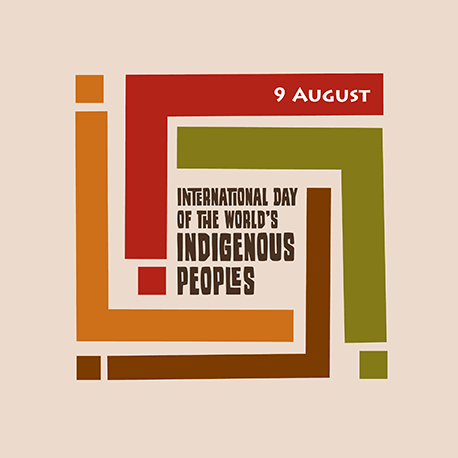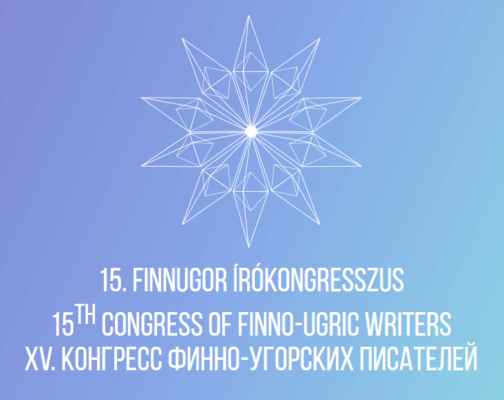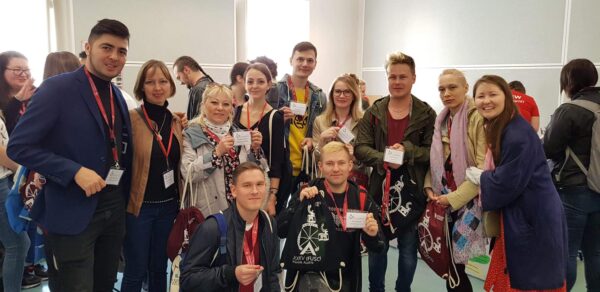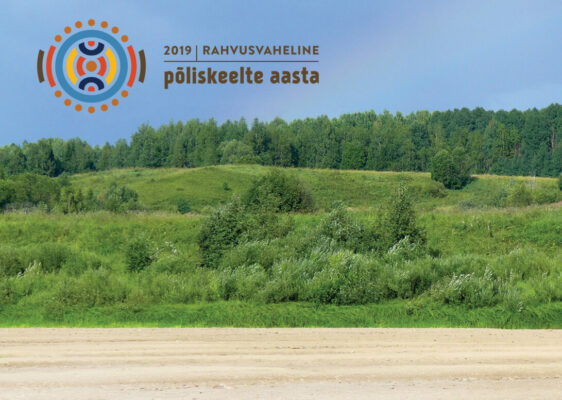International Day of the World’s Indigenous Peoples – 9 August 2019ee

United Nations celebrates the Day of World´s Indigenous Peoples on the 9ht of August with a special event to highlight the critical need to revitalize, preserve and promote indigenous languages and share good practices.
This event will be also webcast live at UN TV here. Read more about the event here.
Background
August 9 is commemorated as the International Day of the World’s Indigenous Peoples. It is celebrated around the world and marks the date of the inaugural session of the Working Group on Indigenous Populations at the United Nations in 19821.
As part of the commemoration, the Indigenous Peoples and Development Branch – Secretariat of the Permanent Forum on Indigenous Issues/DISD/DESA is organizing an event that will bring together indigenous peoples’ organizations, UN agencies, Member States, civil society and relevant stakeholders.
This year’s theme is Indigenous Languages and will focus on the current situation of indigenous languages around the world within the framework of the 2019 International Year of Indigenous Languages.
The aim is to highlight the critical need to revitalize, preserve and promote indigenous languages and share good practices. This will be done through expert panels, presentation of innovative initiatives on indigenous languages and an interactive session. The event will also showcase creative initiatives and videos on indigenous languages at the United Nations visitor’s lobby.
Format The opening segment will begin with a traditional ceremony followed by a high level segment. Subsequently a keynote speaker will address the importance of indigenous languages, followed by a panel discussion on the theme, with the participation of indigenous experts and guest speakers. The panel will be moderated by Ms. Chandra Roy-Henriksen, Chief of the Indigenous Peoples and Development Branch and Secretariat of the UN Permanent Forum on Indigenous Issues.
In the afternoon, an interactive segment will offer presentations of creative initiatives on the promotion, preservation and revitalization of indigenous languages. This segment will be moderated by Mr. Eddie Avila, Director of Rising Voices.
Rising Voices is an outreach initiative that provides training, resources, microgrant funding, and mentoring to local underrepresented communities that want to tell their own digital story using endangered or indigenous languages and participatory media tools.
The event will be webcast live on UN web TV. Viewers and listeners are encouraged to post questions or comments through the Twitter account @UN4Indigenous during the interactive segment in the afternoon.
An innovation hub on indigenous languages will be set-up at the United Nations visitor’s lobby (Sputnik area) where participants and the general public will have the opportunity to interact and engage with current technological innovations that promote indigenous languages.
Background information
Estimates suggest that more than half of the world’s languages will become extinct by 2100 and that 95 per cent of them may become extinct or seriously endangered by the end of the present century4. The vast majority of the languages under threat are indigenous languages and most estimates confirm that a high number of them are likely to disappear.
The loss of indigenous languages is one of the most critical issues that indigenous peoples face today. Indigenous languages are not only methods of communication but extensive and complex systems of traditional knowledge that indigenous peoples have developed over millennia; they are central to their identity, preservation of culture, worldview, the environment they inhabit, and ultimately function as an expression of self-determination. In essence, when indigenous languages are under threat, so too are indigenous peoples and their cultures.
There have been some advances on the protection, preservation and development of indigenous languages, including government policies and programmes, changes in national legislation, strengthening of bilingual education programs, capacity development of indigenous teachers, recognition of indigenous education systems and institutions, and the development of indigenous media. At the international level, article 13 and 14 of the United Nations Declaration on the Rights of Indigenous Peoples (UNDRIP) upholds that indigenous peoples have the right to revitalize, use, develop and transmit their languages to future generations and have the right to all levels and forms of education in their own culture and languages. The UNDRIP further calls for States to take the necessary measures to ensure those rights.
Since its creation, the United Nations Permanent Forum on Indigenous Issues has raised its concerns about the situation of indigenous languages to the United Nations system and Member States. In this regard, it has made a number of important recommendations to create attention to the urgent need to protect and promote indigenous languages. The Forum has galvanized action at the international and national levels to raise awareness of the challenges and opportunities for indigenous languages. Moreover, the United Nations Department of Economic and Social Affairs (UN DESA) has organized two Expert Group Meetings on Indigenous Languages (2008 and 2016) and the General Assembly proclaimed 2019 as the International Year of Indigenous Languages.
While national regulations and policies on the protection and revitalization of indigenous languages have gradually developed, implementation has been very slow. There is a growing demand by indigenous peoples for Member States to better address language crises, including ensuring intercultural bilingual education programmes, adequate funding for revitalization and protection initiatives, cross-border cooperation programmes on indigenous languages and the use of information and communications technology (ICT) to promote indigenous languages and facilitate language revitalization efforts6.
This event aims to present indigenous languages as a valuable resource to a country’s language diversity and cultural heritage. The event will show that States, UN agencies, academia, civil society and others play a crucial role in the protection and development of indigenous languages worldwide.
- Sources:
- International Expert International Expert Group Meeting on Indigenous Languages: Preservation and Revitalization
- International Expert Group Meeting on Indigenous Languages
- United Nations Declaration on Indigenous Peoples (UNDRIP)
Information source: United Nations
More information on this event here.


